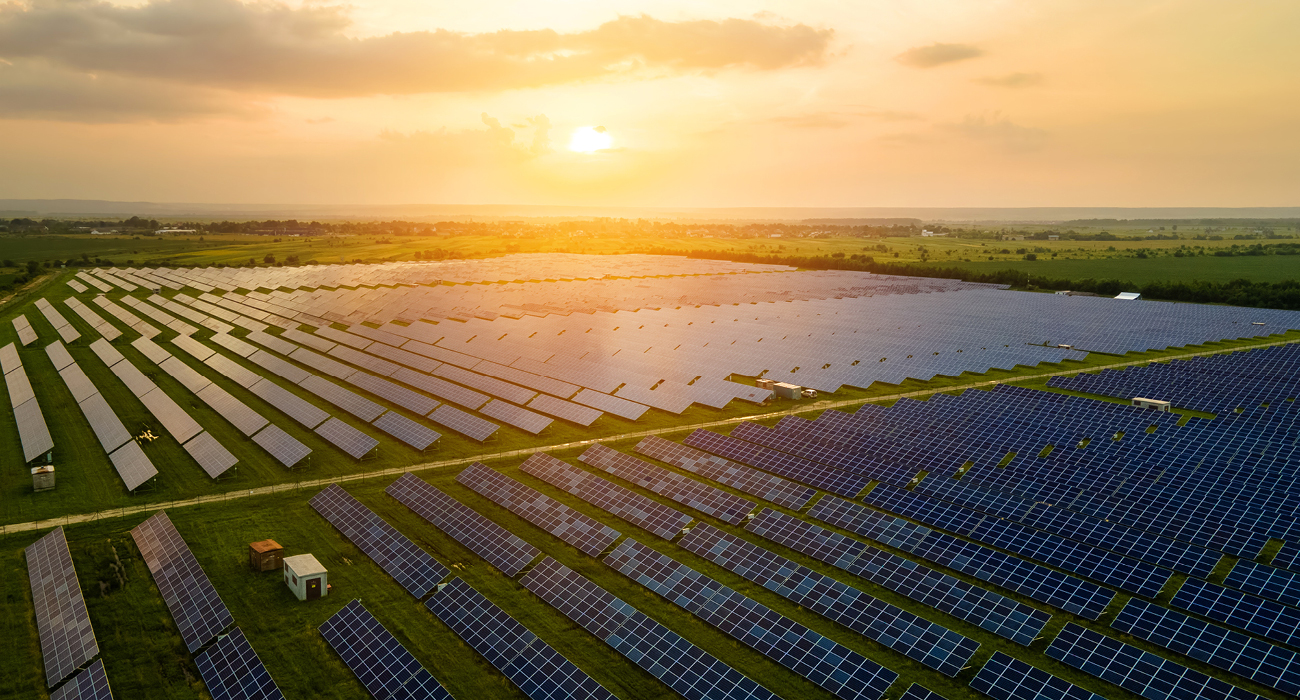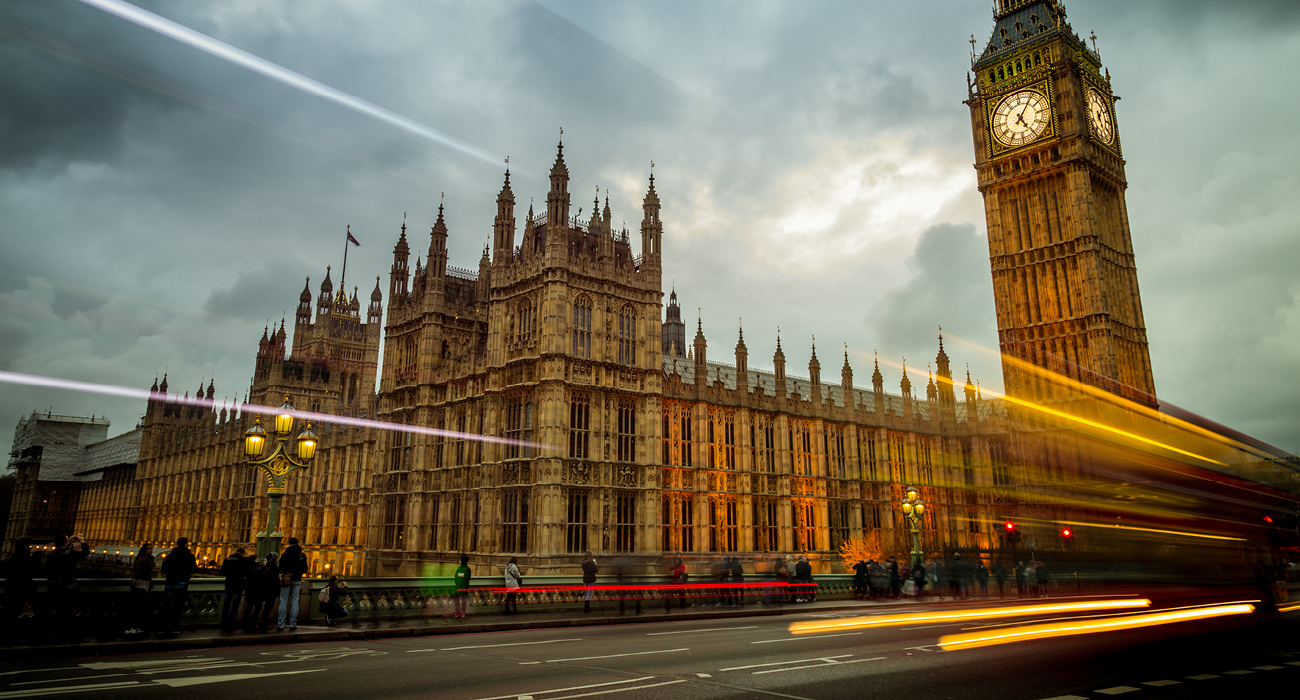In September, the UK Prime Minister, Rishi Sunak, announced several major changes to how the government will approach net zero, including delaying the ban of the production of diesel and petrol cars and the phasing out of fossil fuel heating.
While he argued that pragmatism is needed when it comes to delivering net zero, the Climate Change Committee (CCC) expressed concerns that the policy roll backs would make it more difficult to achieve.
As a result, all eyes were then on the subsequent Conservative party conference, as well as how the Labour Shadow Cabinet would respond.
Conservatives focus on nuclear and solar
In her speech, the Secretary of State for Energy Security and Net Zero, Claire Coutinho, expanded on the government’s plans further.
On the topic of energy security, she was keen to point out that the UK has five of the world’s largest offshore wind farms, and that the government has invested in the development of solar photovoltaic (PV), nuclear and hydrogen technologies.
She also reiterated the Prime Minister’s position that delivering the energy transition should not come at an ‘intolerable cost’, describing it as “a practical mission to be achieved.”
The good news is that last year marked a landmark year for renewable energy generation in the UK, with figures from Imperial College London stating that 40% of Britain’s electricity came from renewable sources in 2022, a record amount.
However, the latest Contracts for Difference (CfD) round was notable for its lack of offshore wind, leading to concerns around the UK’s attractiveness to invest in renewable projects, as well as what this could mean for our energy security and net zero ambitions.
She also set out what we can expect over the coming months:
- A nuclear roadmap, including the plans for small modular reactors
- Reducing planning red tape for solar PV installations on commercial and industrial sites - although this could also see a reduction in the number of larger scale solar farms approved
- £80 million for insulation in social housing
Labour focuses on ‘rewiring Britain’
At the Labour party conference, the focus for Ed Miliband, the Shadow Secretary of State for Energy Security and Net Zero, was on how it would make the UK’s energy infrastructure fit for a net zero future. He also expanded on the party’s previous announcement that it would create Great British Energy, which it describes as “a new, publicly-owned clean energy company.”
He specifically spoke about how Labour would reduce the lengthy wait times for grid connections and unlock what it says is “more than £200 billion worth of privately-funded projects.”
He was also keen to position Labour as being on the side of businesses, saying that “British businesses such as the steel industry, new electric car battery factories, ceramics manufacturers, and other forms of energy intensive industries will benefit significantly, ending delays to infrastructure upgrades.”
His additional key pledges included:
- The promise to legislate for an Energy Independence Act for Britain
- Investment to double onshore wind, treble solar and quadruple offshore wind as well as investment in nuclear, hydrogen, carbon capture and tidal power
- A new Warm Homes Plan
Will energy and net zero be a key battleground in the next General Election?
What this year’s conference season showed us is that all the major political parties have an eye on a possible general election next year. The pledges being made are ambitious, and it is clear that energy and net zero will be a key focus when it comes to winning votes.
However, what businesses need now is certainty to give them the confidence to invest in the necessary measures to decarbonise their operations. This is why it’s so important that there are no delays to further policy action - the publication of the Energy Act is one major step in the right direction, but the government also needs to deliver on the ambitions in the Net Zero Growth Plan to help businesses reduce energy demand through greater energy efficiency.
Businesses are committed to net zero. They recognise that an informed approach to sustainability not only helps them lower carbon, but also mitigates energy risk. They just need policy stability to help them realise their potential.


/npm214%20Digital_H_UB92.jpg)


/npm214%20Digital_H_UB101.jpg)
/npm214%20Digital_H_UB136.jpg)
/npm214%20Digital_H_UB102.jpg)
/npm214%20Digital_H_UB132.jpg)

/Author%20Profile%20Ainsworth_Anthony_G.png)
